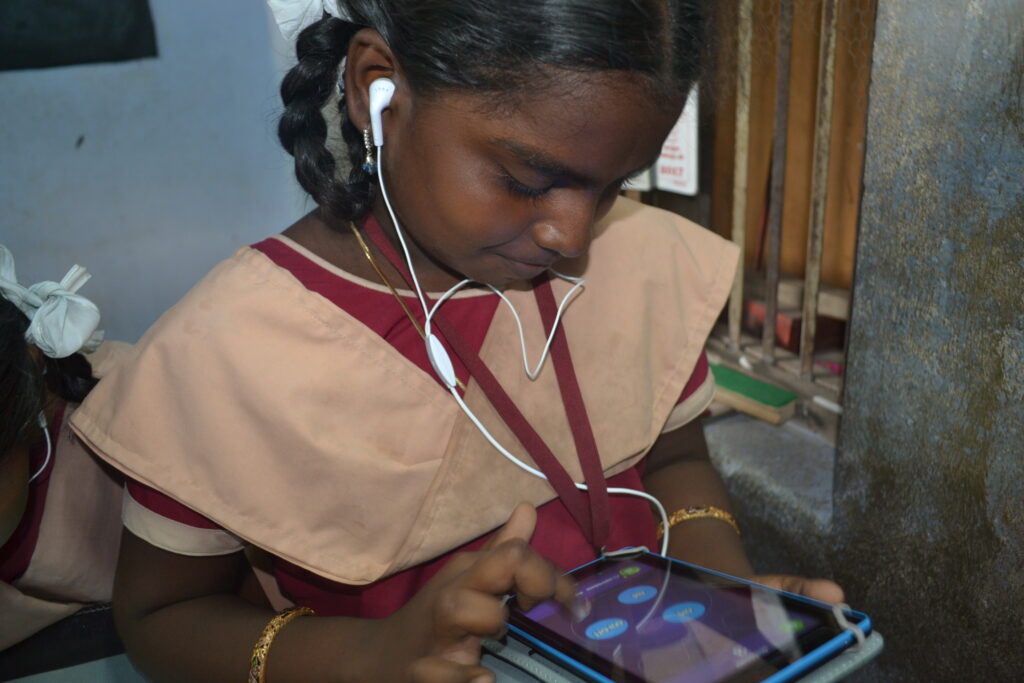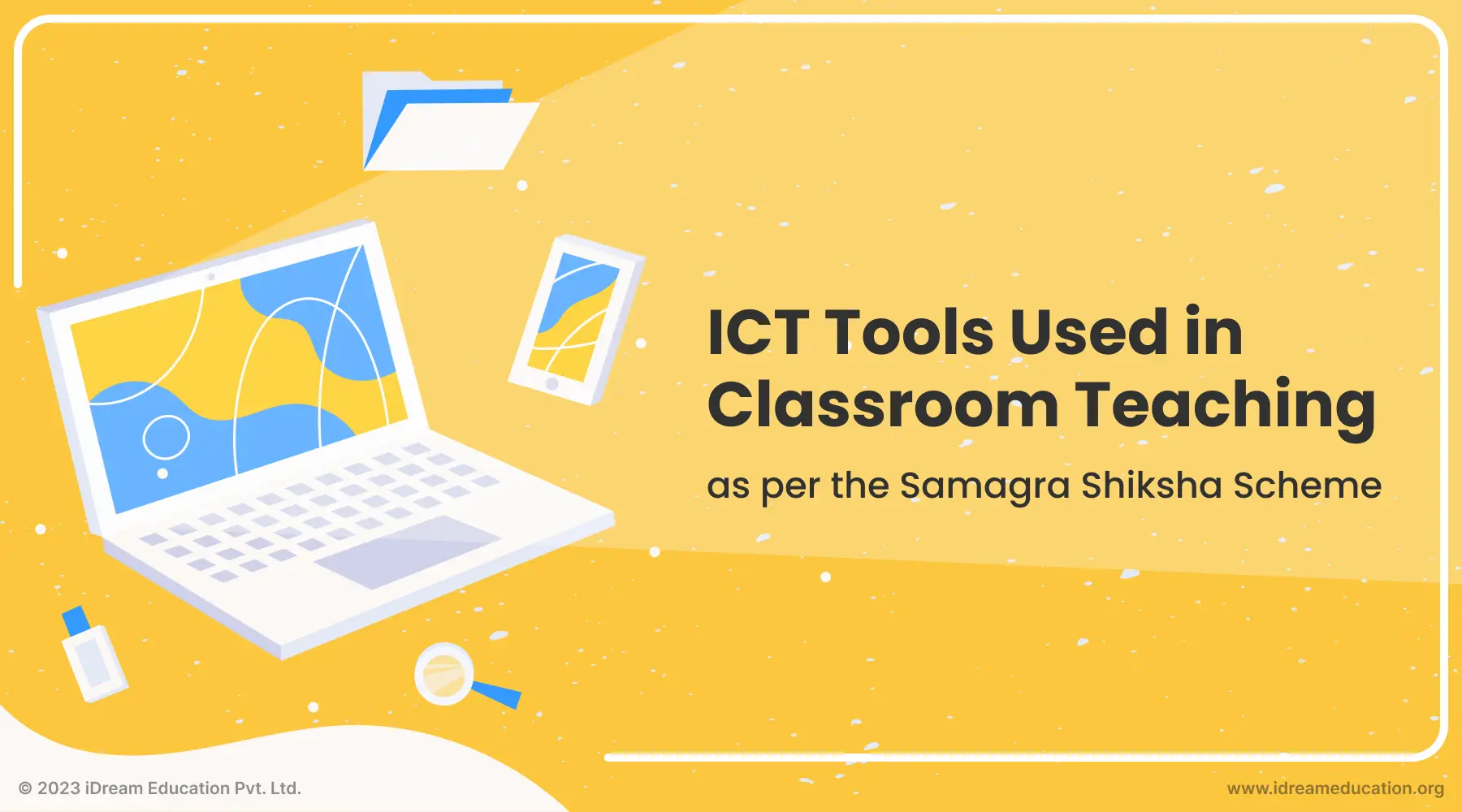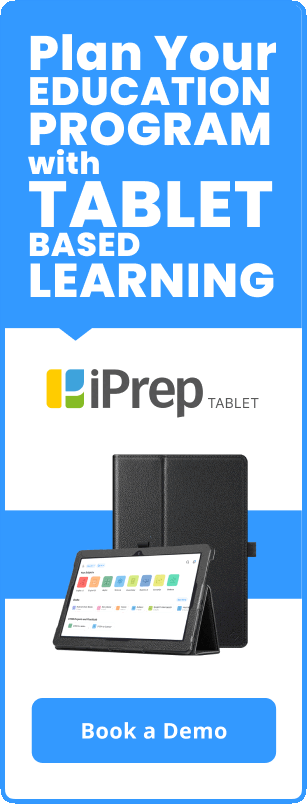How mobile apps can facilitate ICT in school education

It’s now been several months since the Covid pandemic has created a ruckus in the country and around the world. Along with other aspects, the pandemic has also deeply affected the education of our children. And, undeniably, there are risk factors involved in the full-blown reopening of schools. However, on the other hand, students are facing acute education loss.
However, as need rose, a lot of classes shifted to Google Meet and other virtual modes of communication. In other words, the emergence of supplemental digital learning tools saw a new face altogether. Academicians are also rapidly adapting to the new norm of digitized teaching processes of mobile apps.
In fact, when students start going to school again, mobile apps will still be in use. In a way, mobile apps will be a major facilitator of ICT lab in schools .
Thus, post Covid, we will see the emergence of a hybrid model of learning where classroom teaching will be supplemented with digital learning in classrooms as well as at home. Covid has established a very strong need for the same. This is especially relevant for our rural and government school students who lack proper ICT powered systems.
How can a hybrid model make learning even more powerful?
Gives students the best of both the worlds
With the hybrid model coming into play, students will certainly get to enjoy aspects like going to school through virtual classes, meeting teachers and so on. Nonetheless, we must not forget that times have changed drastically.
Education is merely not about memorizing concepts but is more about applying knowledge. Similarly, teachers might not have all the answers but will act more like discussion mentors, moderators capable of providing personalized digital guidance at home. Mobile apps in ICT in school education can strongly enable the procedure. All in all, we can now re-imagine it as a fun and enjoyable process.
Students feel empowered with the choice
The choice to learn as per their own speed, interests, time and place can develop stronger affinity towards learning.
When they find the flexibility to search information from the huge source available at their fingertips, they automatically feel facilitated. There is no one to check upon them repeatedly and judge their ways of learning. They become absolutely free to choose and pave their unique paths to learn, play and grow.
Truly personalized learning with Artificial Intelligence
Learning apps and websites on mobiles are powered by AI that enable students to see content as per their learning level.
A student can look for subjects, concept clarity and many such things according to their classes and grades. AI keeps a track of it and in the due course of time keeps suggesting similar content. As a result, students can be gradually guided to build conceptual mastery on each topic.
Flip the model
This hybrid pattern will ensure active and associative learning and eliminate the culture of rote learning forever. The learning process uptil now was time-bound. Every student the same amount of time for understanding a particular concept the teacher is teaching. But isn’t that unfair?
This probably would change for good. We could now flip the model of learning and growth. Irrespective of their speed of learning, students get the same amount of time.
Every child’s uniqueness would get taken care of. For instance, if Bhuvan loves to learn only by reading, he is free to do so. And if Jatin wants to learn by practically doing it, he too could take his own sweet time to do so and learn. Every child will learn to ultimately relate real-life situations and not just to by-heart topics. Learning would be an enjoyable journey and not a rat-race limited by time.
Mastery-based approach
With digital learning app at home, we can take a mastery based approach to learning. Children could take up topic assessments as many times as they want. No matter how much time it takes but what should matter is that students are able to master a topic and become competent at it.
Diverse content on mobile apps
With mobile apps having options to deliver different types of engaging content can greatly satisfy this need. Curriculum-based content, access to the best of videos, animated video lessons for concept clarity, huge digital libraries and many such features can enable students for a smooth transition to this new pattern of hybrid learning.
Furthermore, the availability of such a massive amount of relevant content ensures continuity in learning irrespective of the fact that a child is physically in a classroom or is at home. Thus, mobile apps in ICT can actually reform and revolutionize school education.
Student-wise data captured
Besides mobile apps can also regularly capture student wise data and make it accessible to the teachers, who in turn can understand their students much better and guide them in the best ways possible.
Few more ways by which mobiles apps can facilitate ICT
Adaptation to new learning methods
Consideration of mobile apps in ICT can completely change the way conventional learning works. Learning through various games can shape up the thought process of a child in a very distinctive manner. It can empower a child to understand things from different perspectives and make him think outside the box.
Role of mobile apps in ICT in advanced student-teacher communication
Student-teacher relations go beyond the walls of conventional ways of learning. spontaneously respond to the queries from the students as and when required. Students feel independent as well as re-assured that they always have someone reliable who they can get in touch with even when they are learning at home.
Bridging communication gap
School communication apps make it possible to impart information to every student. They can inform them about new schedules, different forums, various conferences, and social school activities. Thus; work speeds up and can be swiftly done avoiding many unnecessary steps and formalities.
Conclusion
Mobile Apps can very well help remove botheration of using different platforms. An app is on your phone and your phone is always with you. So direct, instant, hassle free communication is all what children get to enjoy.
Therefore, it can very well be anticipated that with inclusion of mobile apps in ICT, students will eventually learn to integrate to mobile apps full-fledgedly; not only inside classrooms but also outside classes.
Download Now – Educational App
Watch Now – Best learning videos for 1st to 12th class
Follow Our Social Media Channel
Facebook – https://www.facebook.com/idreameducation
Instagram – https://www.instagram.com/idreameducation/







